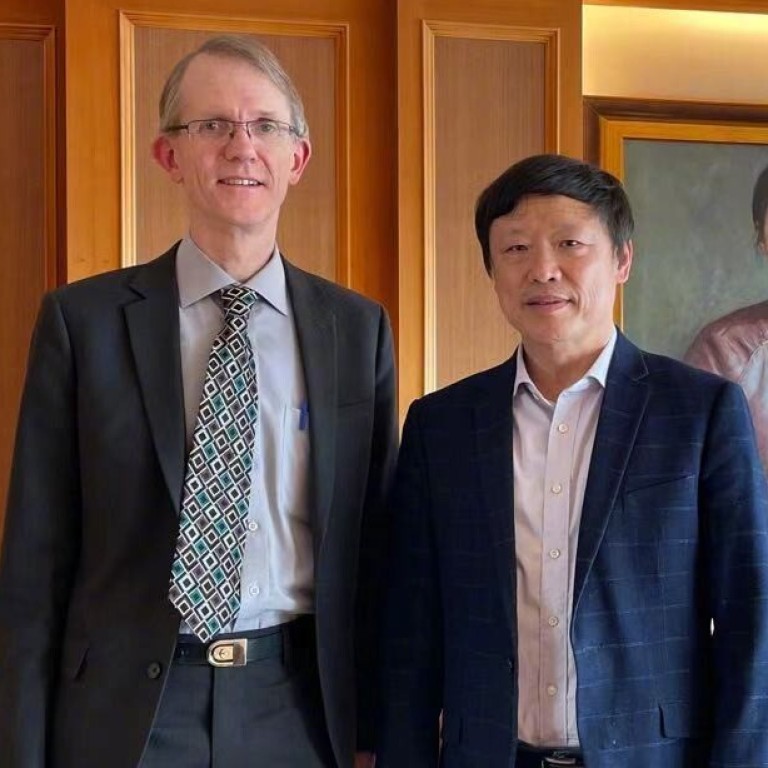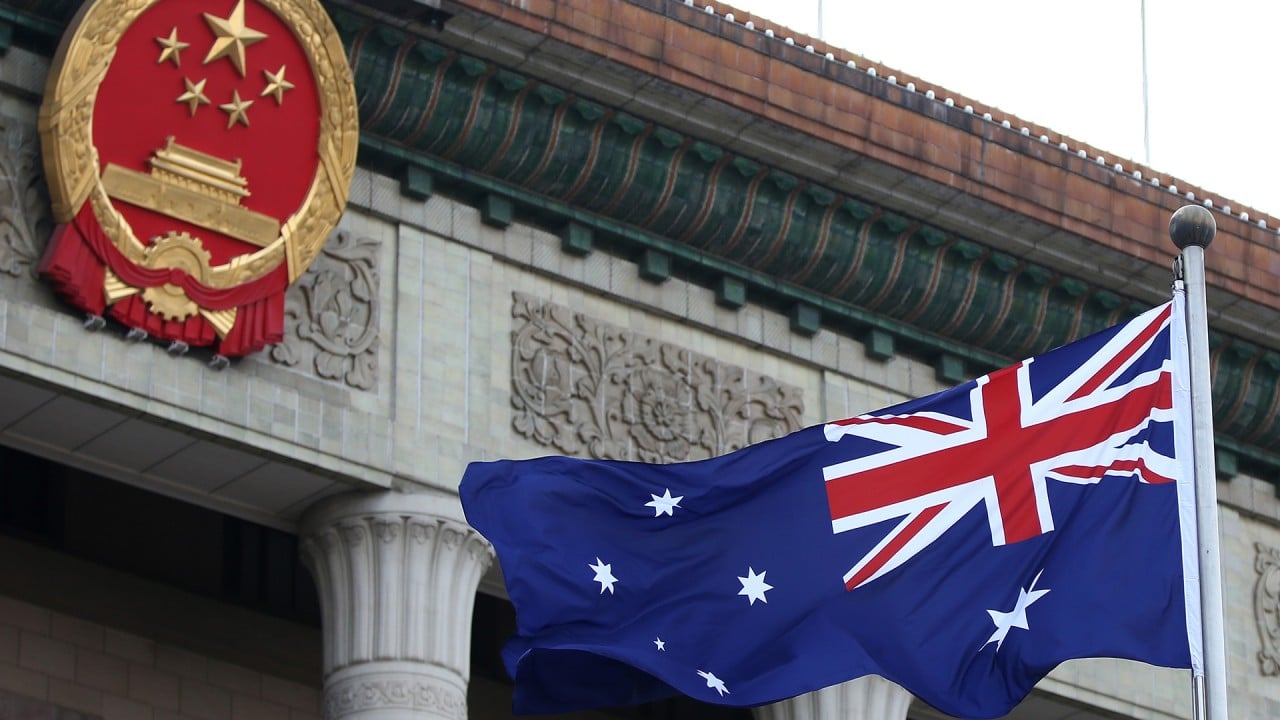
China-Australia relations: Global Times accused of ‘inflammatory’ coverage
- Tabloid boss Hu Xijin reports Australian ambassador told him his country does not follow the US on all China-related issues
- Department of Foreign Affairs and Trade says newspaper’s account is inaccurate
Australia accused a Chinese tabloid of “inaccurate and inflammatory” coverage on Thursday after the newspaper’s editor and the Australian ambassador met in Beijing.
The Australian Department of Foreign Affairs and Trade confirmed that ambassador Graham Fletcher and Global Times editor-in-chief Hu Xijin met on Wednesday.
But the department did not specify which comments it objected to, saying only that “Australia rejects the inaccurate and inflammatory coverage of Australia by the Global Times”.
“Our ambassador met the editor of the Global Times and set out Australia’s clear policies in relation to China and on the US alliance,” the department said.
“The meeting took place outside the embassy and was part of a wider set of engagements with Chinese media outlets to ensure Australia’s views are conveyed directly.”
China-Australia row: from trade to coronavirus and foreign interference
According to Hu, Fletcher said his country did not follow the United States on all China-related issues.
‘Spirit and letter’ of Australia-China trade deal questioned by both sides
According to Hu, Fletcher said Australia was doing what was necessary to protect its own national interests, and differentiated his country’s China policies from those of other nations. “[The ambassador] does not think that Australia is following the United States,” Hu wrote in an article on his personal WeChat account on Wednesday night.
“He asked me to note that Australia’s attitude on many issues related to China is different from that of the United States. He emphasised that Australia hopes to improve relations with China. At the same time, he also said that Australia is an ally of the United States and this cannot be changed.”
Hu concluded his article by saying Australia was still “helping the US bite China”, and accused the country of “paying lip service to neutrality”.
“I predict that it will be hard for China-Australia relations to become warm again, and that Australia will continue to pay for its unreasonable China policy.”
The Australian embassy did not respond immediately to a request for comment.

07:55
Australia ditched diplomacy for ‘adversarial approach’ to China and ‘a pat on the head’ from US
Chinese e-commerce platforms to be held responsible for safety of food products, Supreme Court says
Public opinion of each side has plummeted in both countries. An October poll from Pew Research showed 81 per cent of Australians had a negative view of China.
And a survey by Global Times found half of more than 2,000 respondents in 10 Chinese cities believed US influence was the biggest factor disrupting China-Australia relations.

